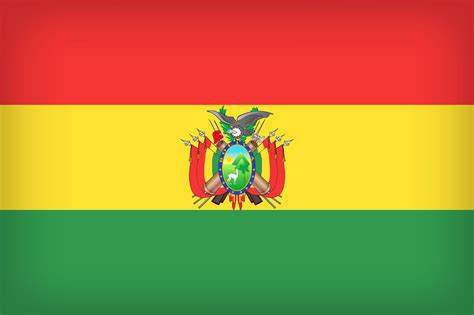Exploration in solidarity lands
(2022)
Bolivia is located in South America, and its administrative capital, La Paz, is perched at over 3,500 m altitude. Landlocked and wedged between 5 borders (Argentina, Brazil, Chile, Paraguay and Peru), it is the poorest country in the region. One Bolivian in 8 lives on less than US$1.25 a day. The most vulnerable groups remain rural women and children, and indigenous people, who make up 65% of the population. In 2019, 70% of Bolivian women work in the informal sector. Although Bolivia is one of the world’s least densely populated countries (11.83 million inhabitants), the vast majority (70%) live in cities: around one in seven live in Santa Cruz de la Sierra.
The rural exodus of indigenous people, who leave their rural communities to settle in cities in search of better access to resources, comes up against language barriers and cultural differences that limit their access to social services. Bolivia’s geography is extremely varied, encompassing the vast Andes mountain range, the Atacama desert and the Amazon rainforest. Thanks to the diversity of its landscapes and its rich history, Bolivia offers visitors an impressive variety of attractions linked to its natural and cultural heritage. In 2016, the Bolivian government announced its intention to invest nearly $400 million in the tourism sector up to 2020.
In the longer term, the aim is to reach 3 million visitors a year by 2025. Before the COVID-19 pandemic, tourism was becoming one of Bolivia’s most dynamic sectors, with an annual growth rate more than twice that of the country’s overall GDP. However, while over 75% of the population employed in tourism are women, the jobs they hold are more precarious than those held by men.
One way of alleviating the high level of poverty that particularly affects women and indigenous people in rural communities is to capitalize on the economic potential of tourism, and more specifically on the promotion of community, ecological and biocultural tourism. The promotion of sustainable tourism in rural areas and indigenous communities effectively enables localities to generate sustainable income, access training, enhance their cultural heritage and perpetuate their traditions, the economic empowerment of women and the contribution of local communities to post-COVID-19 recovery in Bolivia.


Subscribe to the travel newsletter from our collaborative booking platform Vaolo to find out what’s new, follow our explorers and receive tips for more conscious travel.
The use of the masculine gender has been adopted for ease of reading and has no discriminatory intent.
© 2026 All rights reserved. Village Monde.
By continuing to use the site, you agree to our privacy and cookie policy
I accept